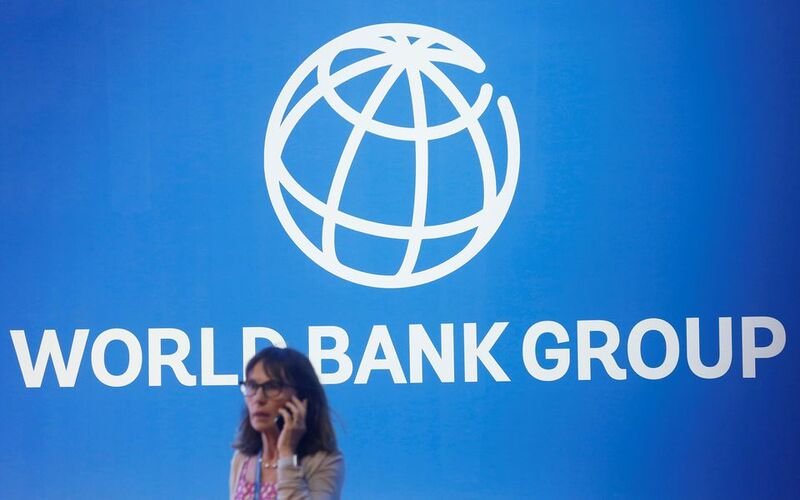World Bank will release improved, transparent business climate rankings. After humiliating disclosures of data discrepancies and partiality toward China caused it to discontinue the “Doing Business” rankings two years ago, the World Bank will publish a new methodology for rating the business climate in up to 180 nations on Monday.
The bank said that a pilot edition of “Business Ready,” the new yearly series, would be released in spring 2024, including 54 markets in Asia, Latin America, Europe, the Middle East, and Sub-Saharan Africa.
In the next two years, the bank will strengthen its methods and expand its flagship initiative to assist countries attract investment, generate jobs, and speed growth.
In September 2021, the bank scrapped Doing Business, citing internal audits and an independent probe that found senior World Bank leaders had pressured staff to alter data to favor China and data irregularities that boosted rankings of Saudi Arabia, the UAE, and Azerbaijan.
Business Ready replaces Doing Business. “It’s more balanced and transparent,” the bank claimed.
World Bank Chief Economist Indermit Gill said the new technique provided “a fuller and sharper measure of the investment climate of countries — something that is badly needed in a global economy in the midst of a generalized slowdown.”
“Business Ready” was created by World Bank specialists, governments, the business sector, and civil society groups and incorporates worker rights, as defined by the International Labor Organization, for the first time while understanding that regulation may be beneficial.
“The main thing that went wrong was the data integrity of Doing Business was compromised,” said Norman Loayza, head of the World Bank’s Indicators Group, which manages the initiative, to Reuters. “Data integrity is our main concern, and we have a very comprehensive approach.”
Loayza said the bank would disclose all project data, including raw data, scores, and computations, from private sector contributors and surveys of entrepreneurs, firm owners, and managers to ensure data openness, unlike the last report.
The bank will provide tools for outsiders to duplicate data evaluations.
Loayza said World Bank officials were still considering whether to resurrect the business climate rankings that sparked the “Doing Business” debate or create an overall index, with a decision expected before the first report.
He said the rankings were criticized for encouraging political pressure to boost national scores. Still, they also spurred roughly 4,000 regulatory improvements in developing and developed countries over the last two decades.
Loayza said the new project covers ten business lifecycle areas, including business entrance, utility services, labor, dispute resolution, market competition, taxation, and insolvency, to address criticism of the previous offering.
“We take into account not only the perspective of the private entrepreneur, but also the perspective of workers, consumers, and other market participants,” he stated. “So for instance, we will look for worker safety, environmental sustainability, and market competition.”













































Comment Template